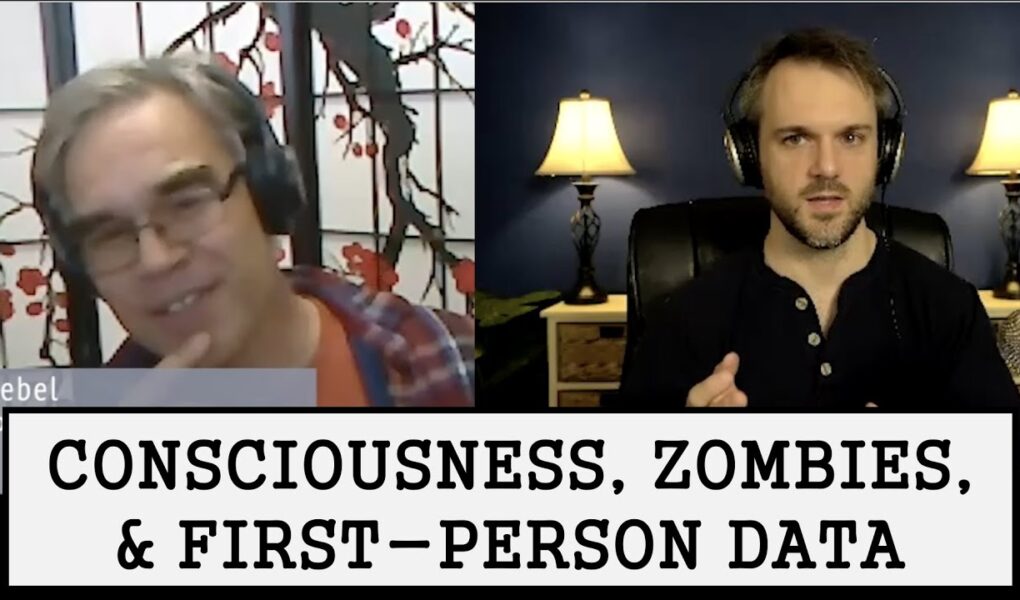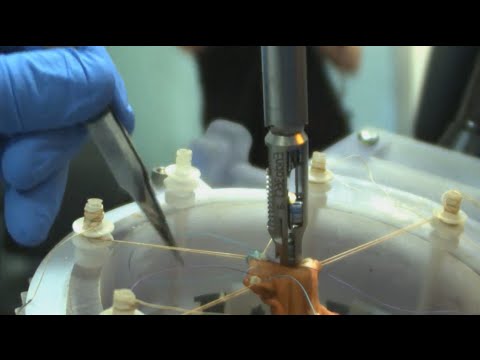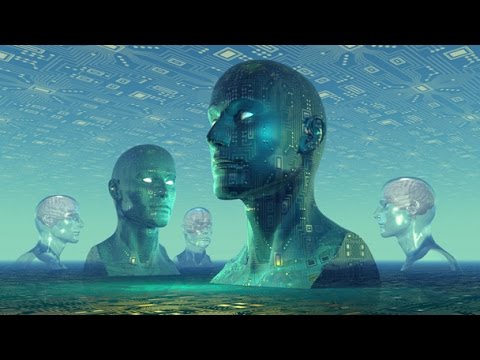Data & Science with Glen Wright Colopy
The philosophical community continuously aims to reconcile differing views on first person data and the consciousness of the mind. Is it possible to live without consciousness? Can one conceive thoughts without matching images to them? In this episode, Eric Schwitzgebel of the University of California tries to dissect such topics and questions to help us better understand the philosophical world.
Keywords: philosophy, epistemic data, first person data, stimulus error, imageless thought, consciousness
0:00 – Infallibalistic View of First Person Data
07:49 – David Chalmers’ Impact On The Philosophical Community
13:14 –The Zombie Thought Experiment
22:14 – How Do You Draw The Line Between Consciousness And Unconsciousness?
33:01 – First Person Data: Pros, Cons, and Reconciling Different Views
40:34 – How Behavioral Studies Help Achieve Wholistic Scientific Analysis
42:53 – Understanding Stimulus Error In The Context Of First Person Data
53:56 – The Imageless Thought Debate: Is It Possible?
Source




Also on the line of discussion of thoughts and "imagery" (RE: the Imageless Thought Debate) – a better (specifically a more practical) question than "are there thoughts that can happen without imagery?" might be: "What do I observe in myself? (even if it I admit that my observation is inherently biased by my own lenses)? We very likely can mostly agree that the question – the reference frame – determines our ability to tune into what we are experiencing, and in-effect to establish a more precise personal formulation (narrative) of what we are experiencing (even if it's not wholly accurate).
This really stimulated a lot of thinking in me! Nice interview. On the line of stimulus error (the mistake of answering about the world where the question is really about your experience), we are sensory beings – so our perception is largely subjective. This is what makes "first person data" in science such a difficult thing to quantify I think. Also I thought about the notion of error in your experience, and error with respect to a measurement system. Could we construct a model which quantifies error (as the sum of many identified sources of variation, e.g. in a variance components framework) on the basis of human experience in the same way that we can construct a model which quantifies error on the basis of "r&r" and "part to part" for a manufacturing process?
Great interview and Schwitzgebel is as articulate as they come. The material is extremely hard to internalize, though I think it's important to be exposed to these ideas.
It's becoming clear that with all the brain and consciousness theories out there, the proof will be in the pudding. By this I mean, can any particular theory be used to create a human adult level conscious machine. My bet is on the late Gerald Edelman's Extended Theory of Neuronal Group Selection. The lead group in robotics based on this theory is the Neurorobotics Lab at UC at Irvine. Dr. Edelman distinguished between primary consciousness, which came first in evolution, and that humans share with other conscious animals, and higher order consciousness, which came to only humans with the acquisition of language. A machine with primary consciousness will probably have to come first.
Thanks Glen, Eric, this is golden. As a data scientist, I am on a journey to find the philosophical foundation for deeply understanding the experience of my data "consumers". Such a great discussion furthers our understanding. Gracias. PS: nice vid with David Charmers and Andy Clark: https://www.youtube.com/watch?v=rSngHyD44OY